Conclavoscope - Cardinal Carlos Aguiar Retes
Cardinal Profile and Assessment
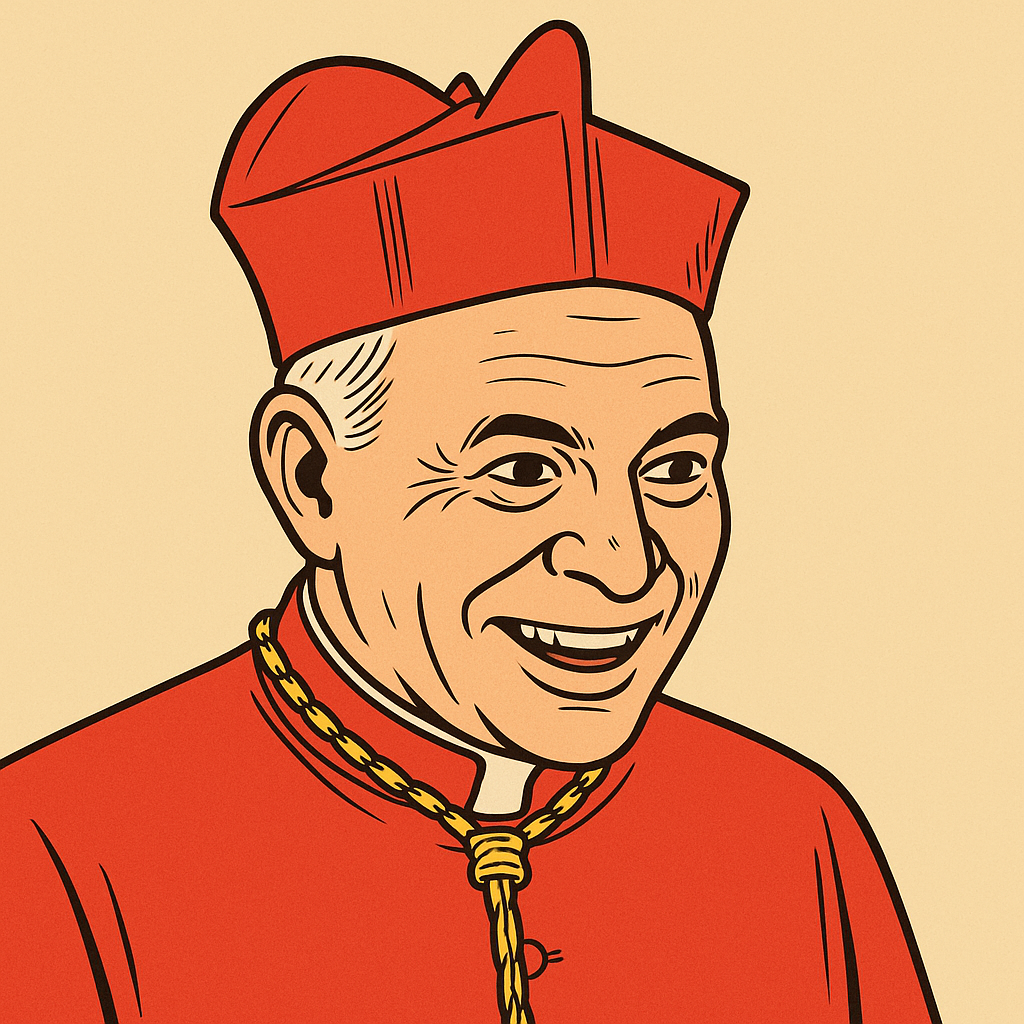
Mexican cardinal, Archbishop of Mexico City, known for his moderate pastoral approach and search for balance between tradition and renewal.
| Criterion | Tendency |
|---|---|
| Moral doctrine | Moderately progressive |
| Liturgy | Centrist |
| Sociopolitical | Very progressive |
| Relationship with Pope Francis | Progressive |
| Dialogue | Very progressive |
| Communication | Very progressive |
| Overall tendency | Progressive |
Cardinal Aguiar Retes maintains the Church's traditional stance on issues such as abortion and marriage but has shown openness toward civil unions for same-sex couples, in line with Pope Francis' pastoral approach. He has emphasized dignity and rights for all, including LGBTQ+ individuals, which reflects a more inclusive tone while remaining within doctrinal bounds.
Cardinal Aguiar Retes supports the post-Vatican II liturgical reforms and promotes a liturgy that is accessible and pastoral. He has not advocated for the Traditional Latin Mass and prefers liturgical expressions that resonate with contemporary faithful.
Cardinal Aguiar Retes is deeply engaged in sociopolitical issues such as migration, poverty, and violence. He has criticized the separation of families at the US-Mexico border and calls for a society built on justice, solidarity, and compassion.
A strong ally of Pope Francis, Cardinal Aguiar Retes actively supports the Pope’s reform agenda and pastoral vision. His appointment as cardinal and participation in synods on the family and synodality reflect close alignment with the pontificate.
Cardinal Aguiar Retes plays an active role in fostering interreligious dialogue in Latin America. He promotes collaboration between faith communities to work for the common good and peaceful coexistence.
Cardinal Aguiar Retes is known for his accessible, pastoral communication style. He effectively engages with both secular leaders and marginalized communities, embodying a Church close to the people.
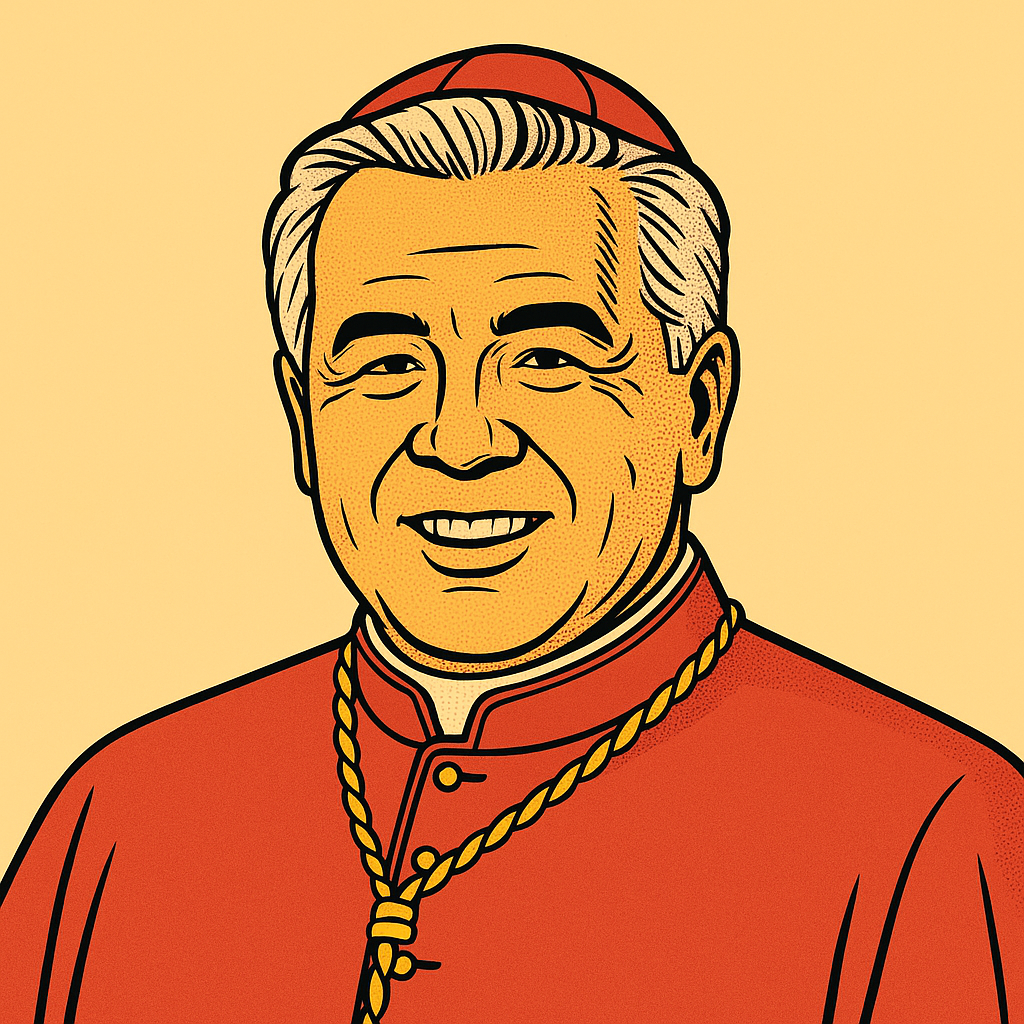
Mexican cardinal, Archbishop of Guadalajara, known for his conservative doctrinal positions and balanced pastoral leadership in a context of popular faith.
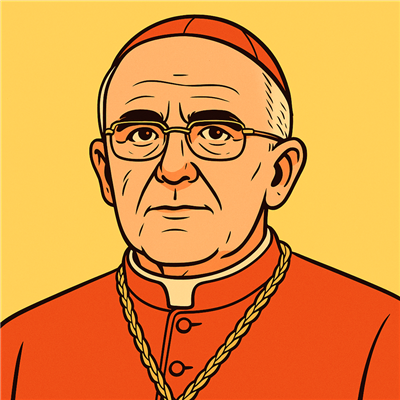
Spain
Spanish cardinal, Archbishop of Madrid, known for his moderate and conciliatory attitude, seeking balance between tradition and modern pastoral care.
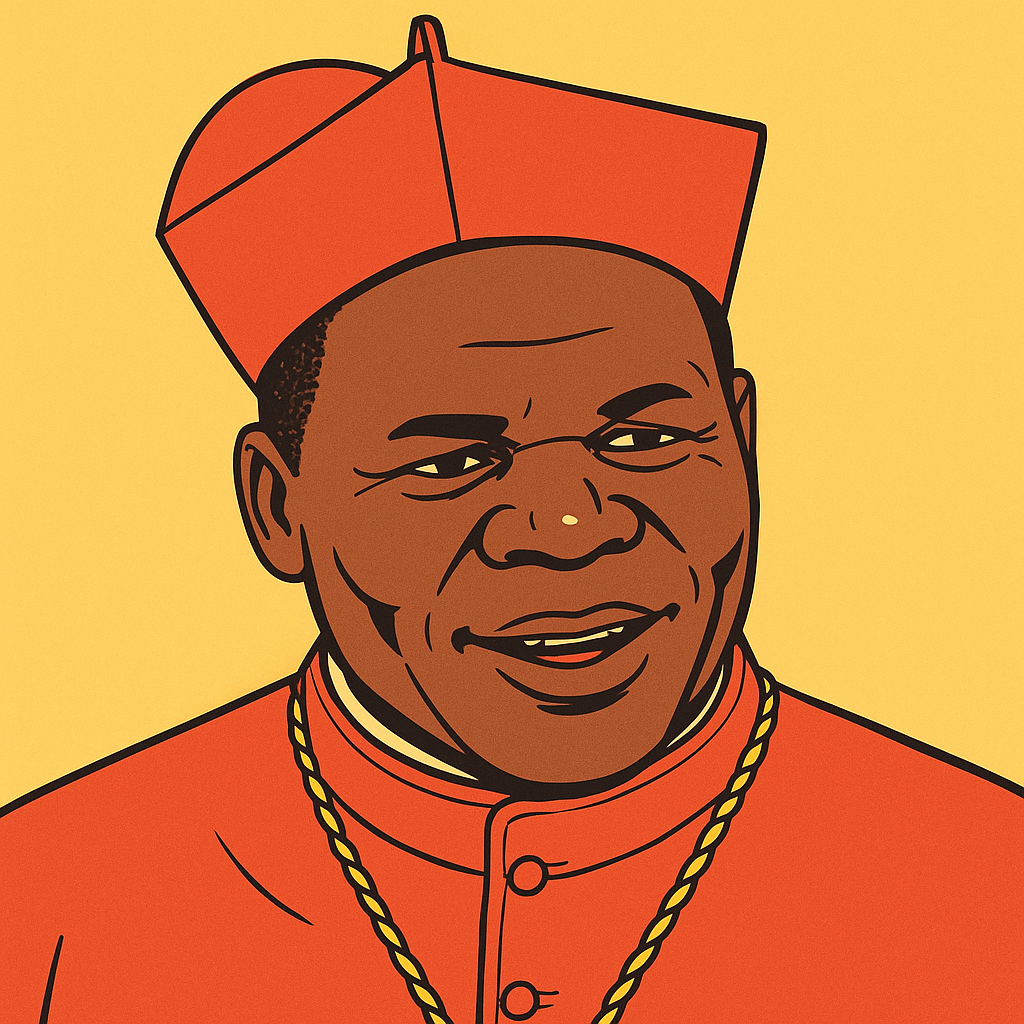
Central African Republic
Central African cardinal, known for his commitment to interreligious peace in a country torn by conflict, combining doctrinal tradition and openness to dialogue.
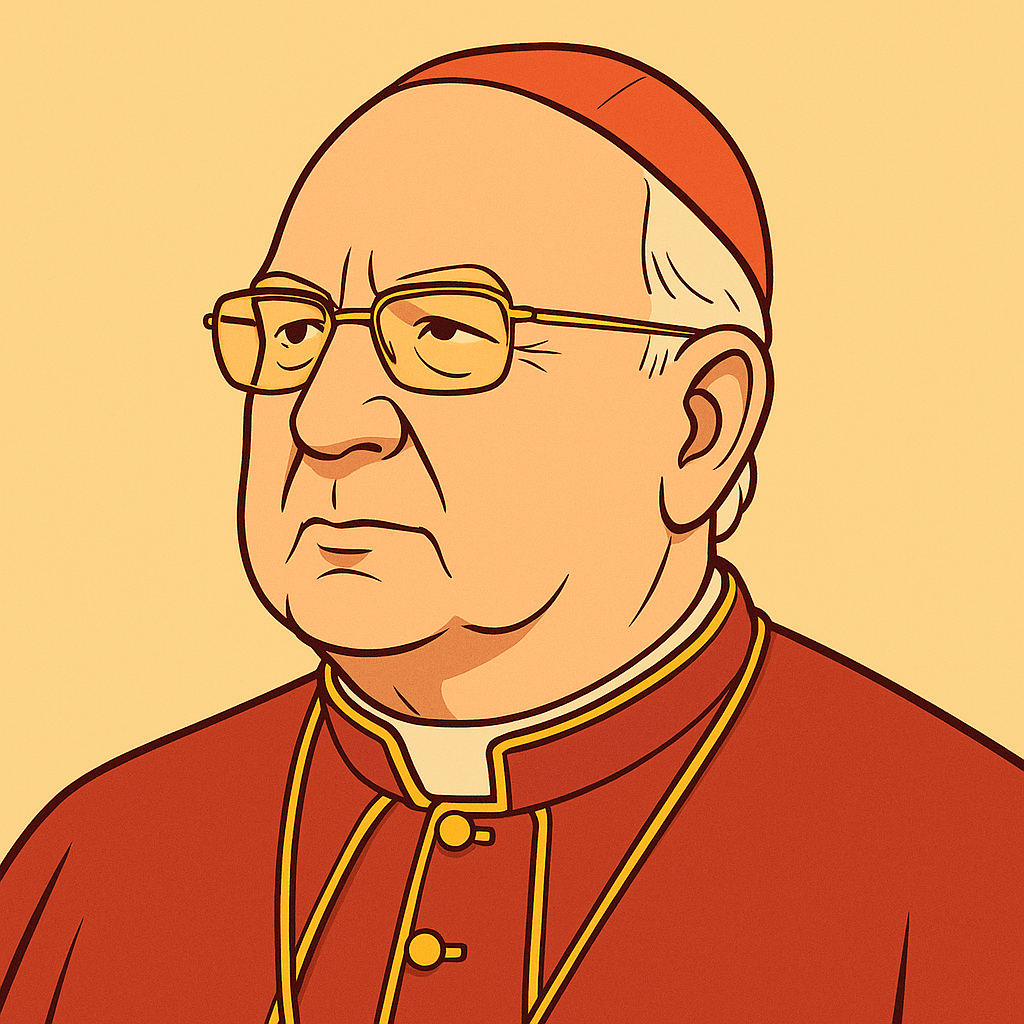
United States
American cardinal, Prefect of the Dicastery for Laity, Family and Life, known for his administrative experience and fidelity to Pope Francis' pastoral vision.
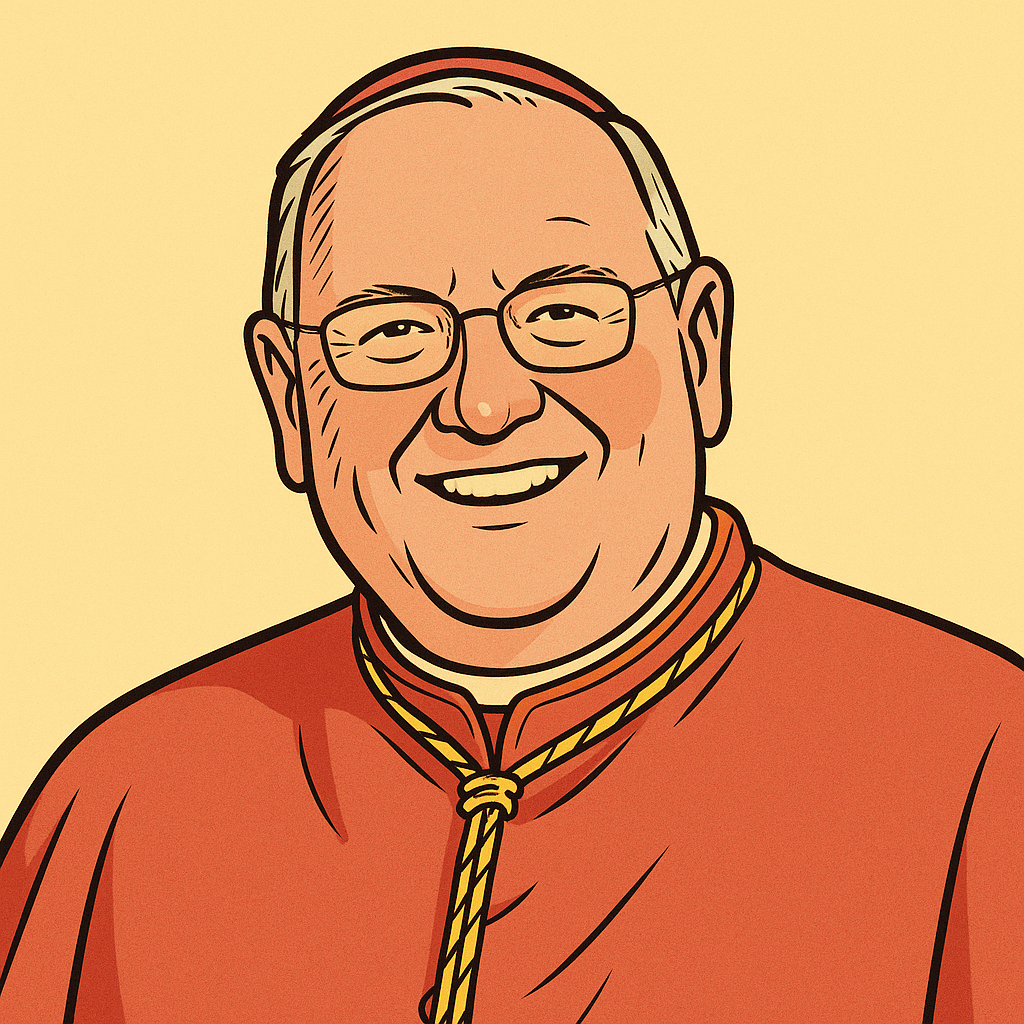
United States
age: 76
American cardinal, Archbishop of New York, known for his media charisma and balanced leadership, combining social commitment and defense of Catholic tradition and moral values.
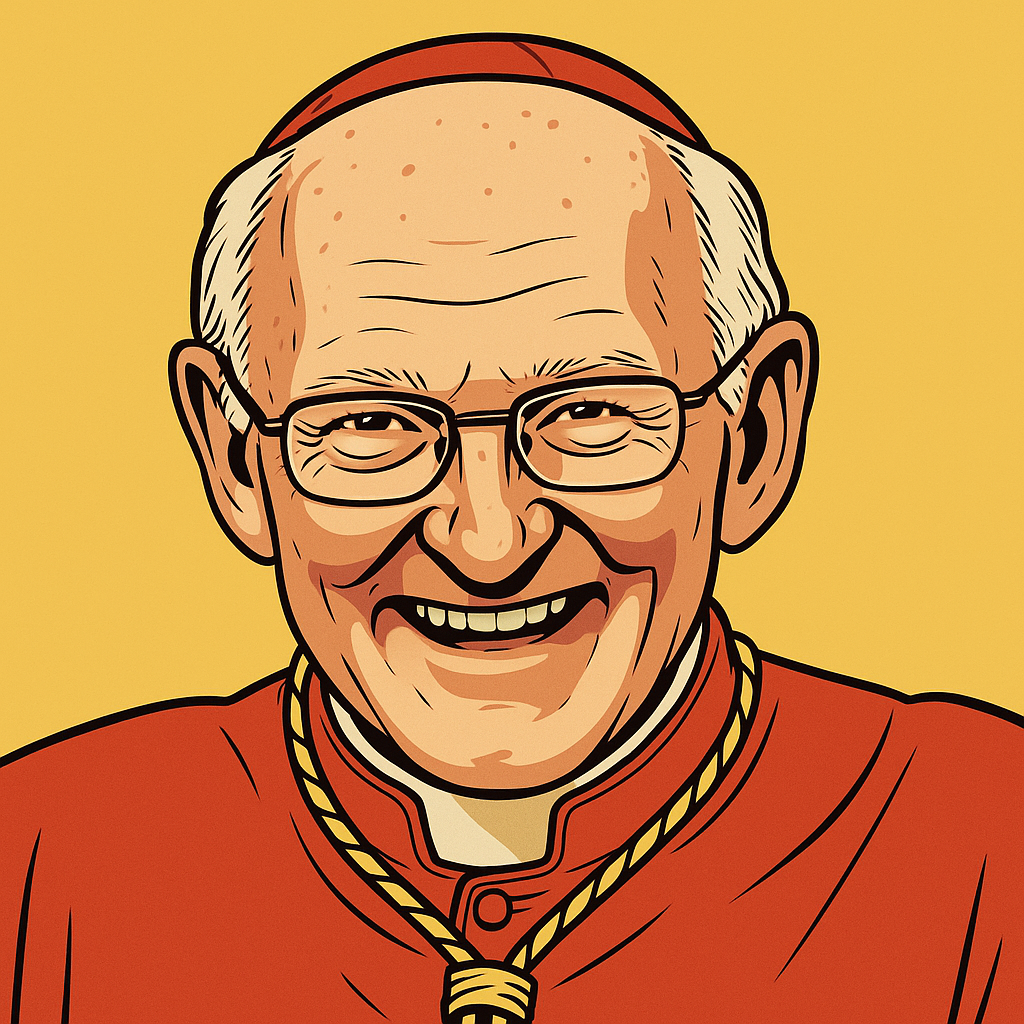
United States
age: 76
American cardinal, Archpriest of the Basilica of Saint Paul Outside the Walls, former Prefect of the Papal Household, known for his conservative positions and administrative experience at the Vatican.
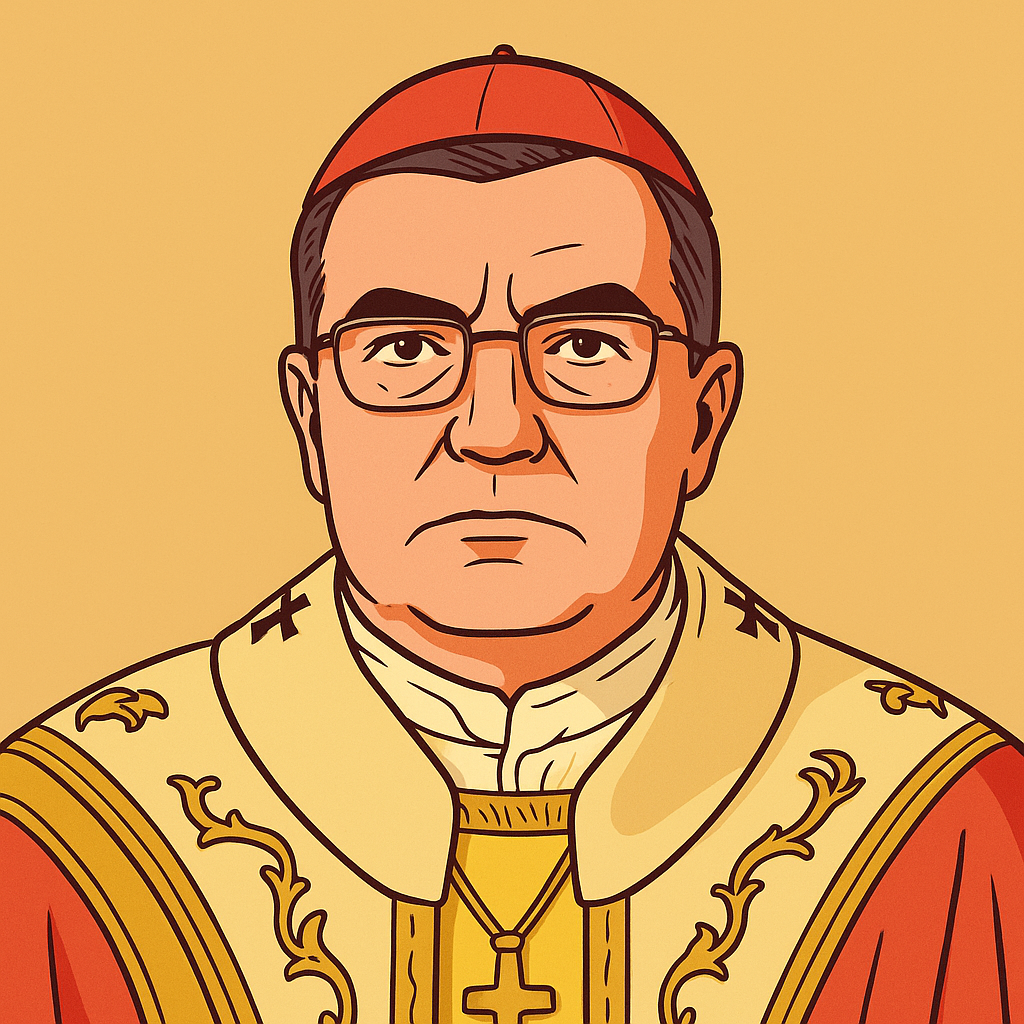
Croatia
age: 76
Croatian cardinal, Archbishop of Zagreb, known for his conservative positions on moral issues and his commitment to traditional values in a post-communist context.

South Africa
South African cardinal, Archbishop of Cape Town, known for his balanced leadership in post-apartheid South Africa and his pastoral work combining fidelity to doctrine and commitment to social justice.
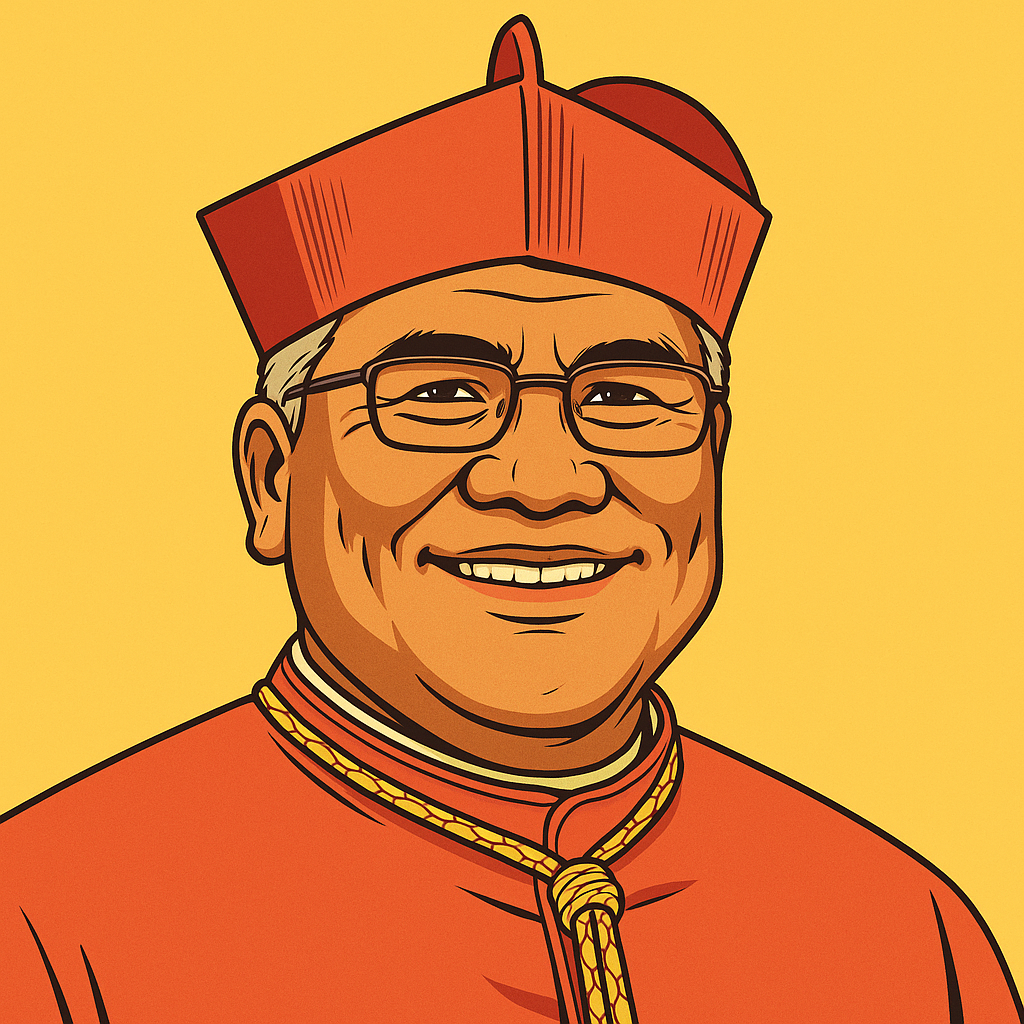
Tonga
Tongan cardinal, Bishop of Tonga, first cardinal from his country, known for his pastoral leadership in the Pacific and his attention to environmental issues affecting Pacific islands.

Portugal
Portuguese cardinal recognized for his pastoral dynamism and modern communication, close to Pope Francis' positions on Church openness.
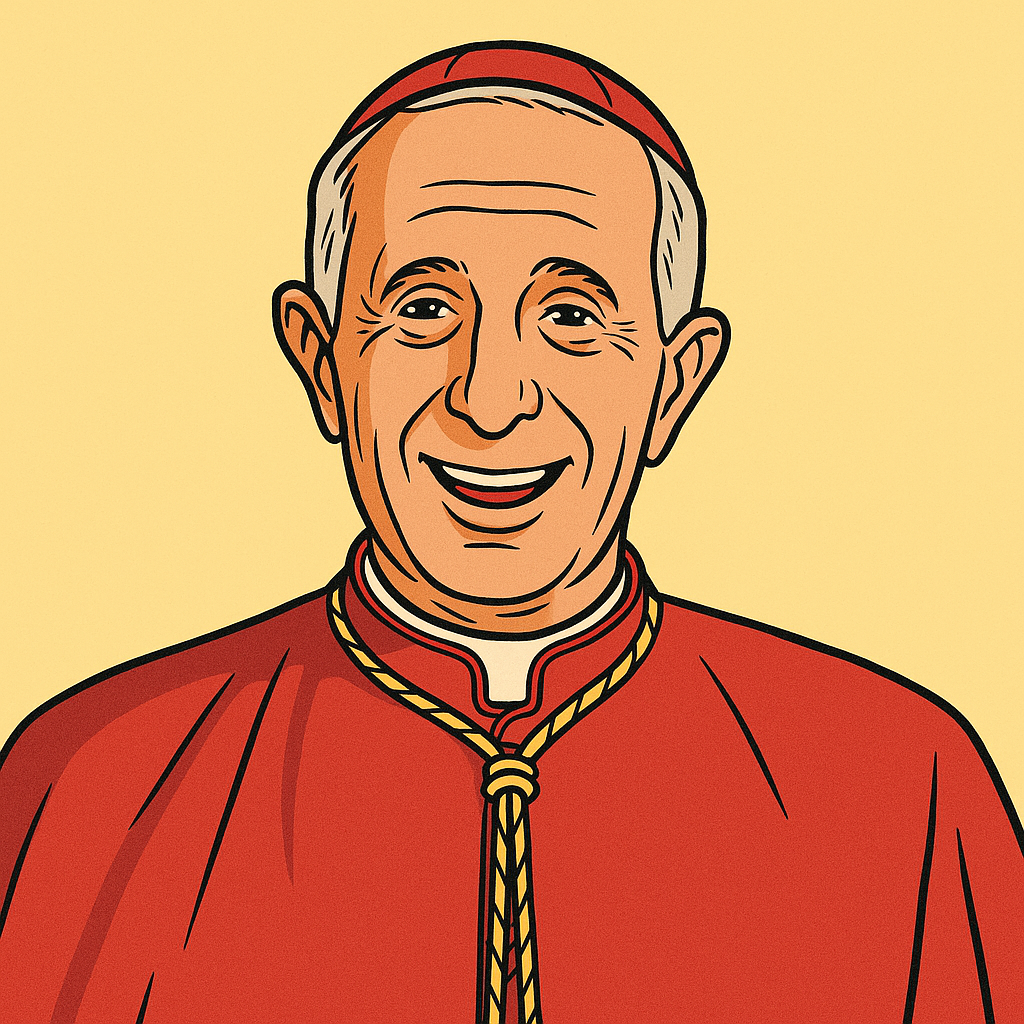
Argentina
Argentine cardinal, Archbishop Emeritus of Buenos Aires, successor of Pope Francis in this diocese, known for his discreet profile and balanced administration between tradition and renewal.

Switzerland
Swiss cardinal, president of the Dicastery for Promoting Christian Unity, known for his theological expertise and ecumenical commitment, with a moderately conservative doctrinal position.
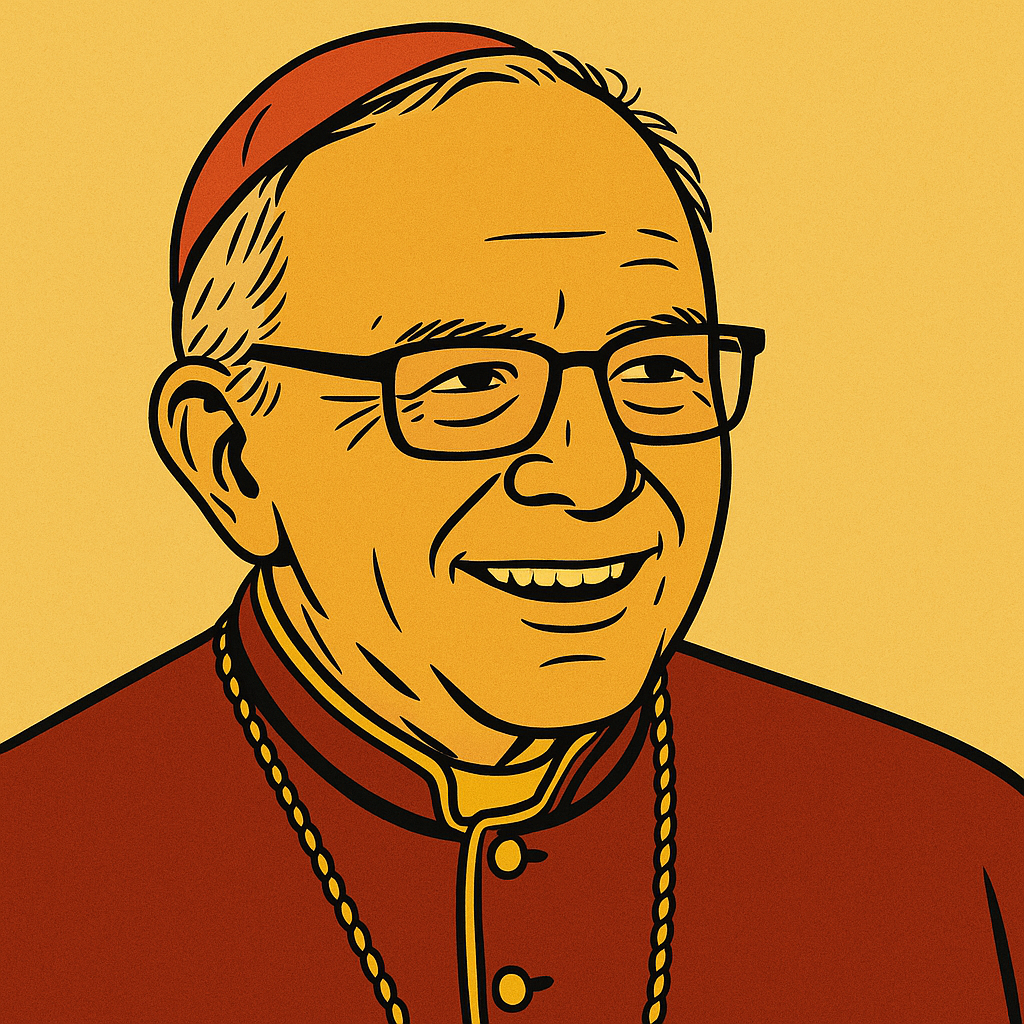
Portugal
Portuguese cardinal, Patriarch Emeritus of Lisbon, known for his balanced leadership and pastoral vision that respects tradition while dialoguing with contemporary society.
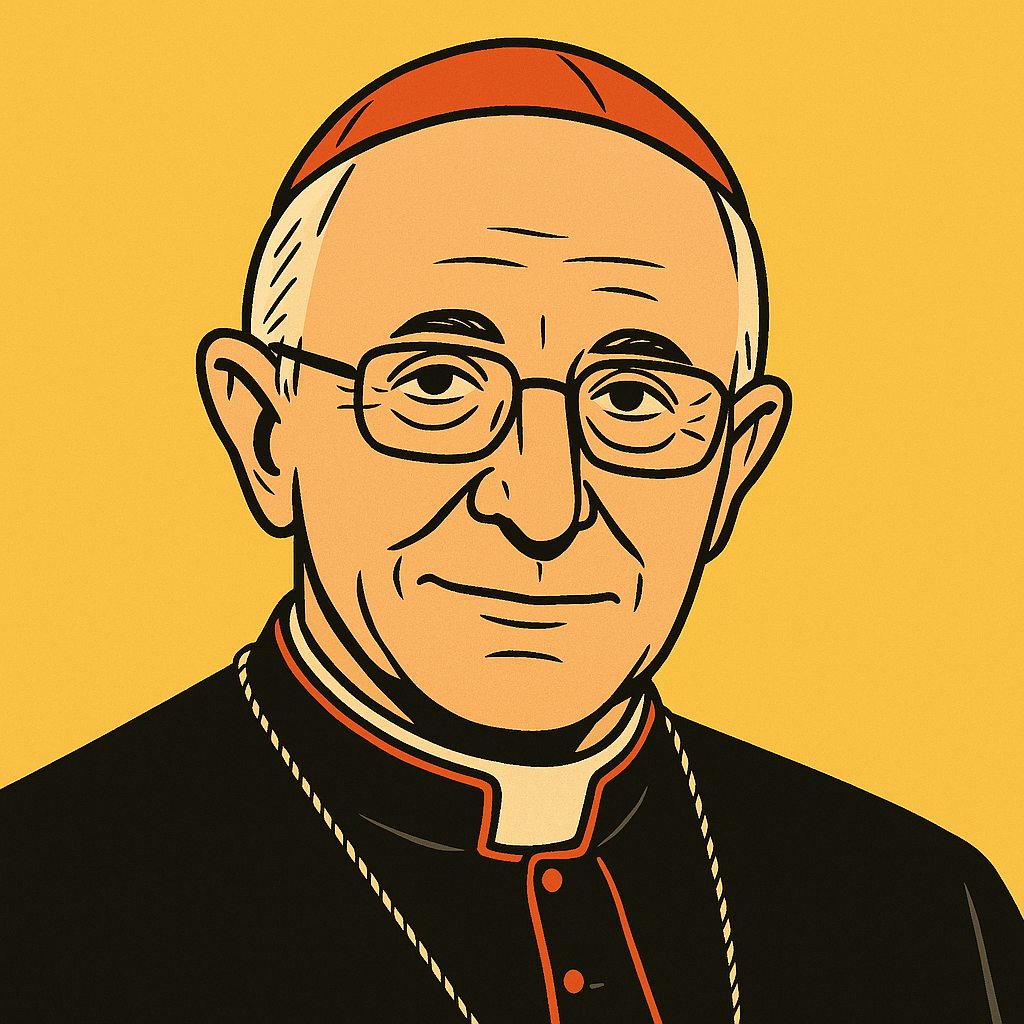
Italy
Italian cardinal, Grand Master of the Order of the Holy Sepulchre, former prefect of the Congregation for the Evangelization of Peoples, known for his missionary and diplomatic experience.
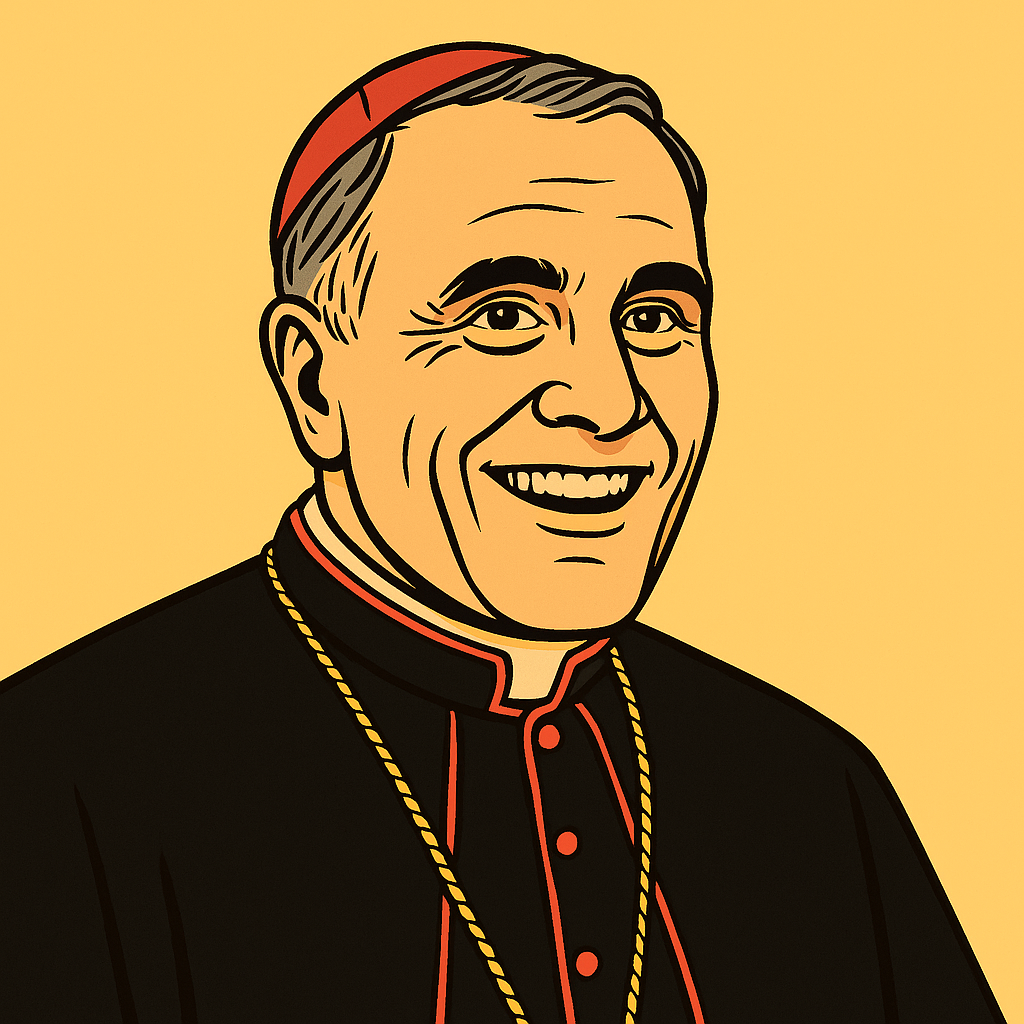
United States
American cardinal, known for his conservative positions on doctrine and liturgy, while seeking unity in a divided ecclesial context.
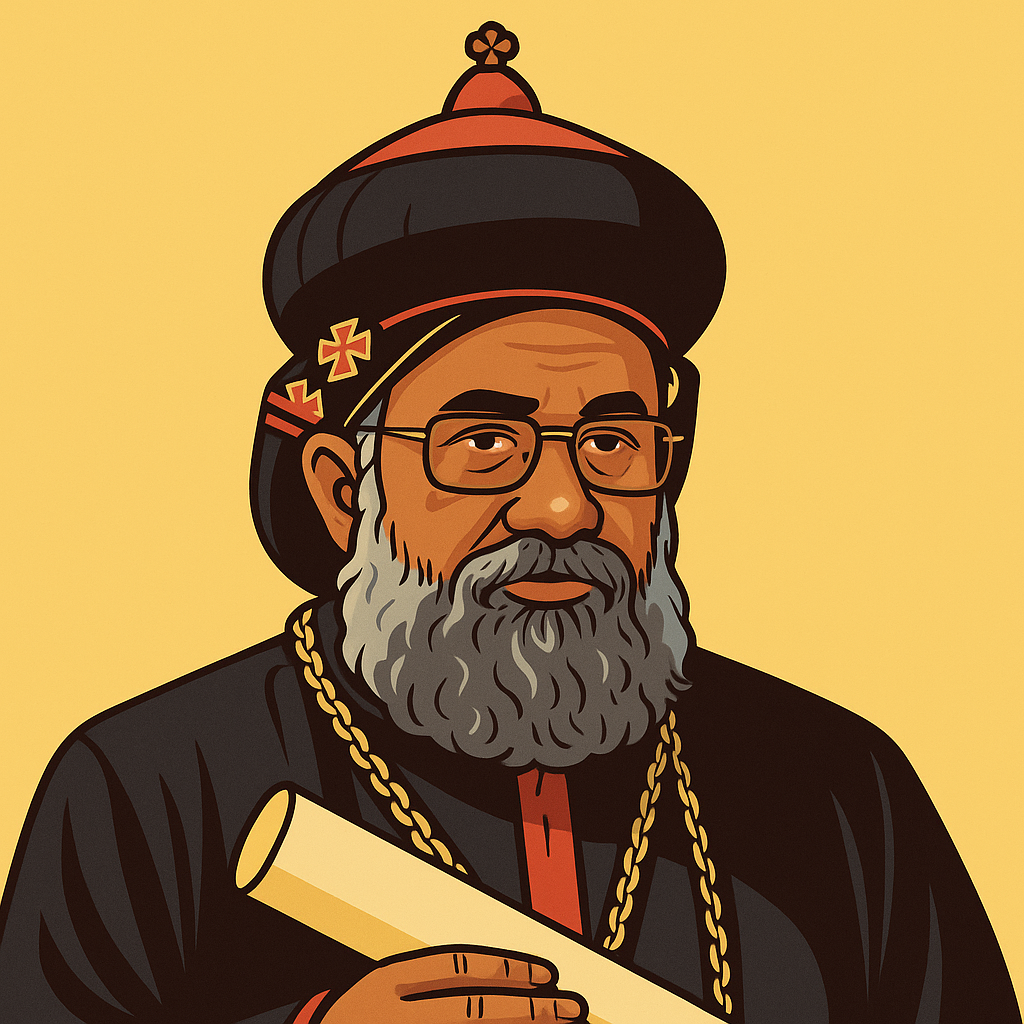
India
Indian cardinal of Syro-Malankara rite, known for his attachment to the Eastern traditions of the Church and his defense of traditional moral doctrine.
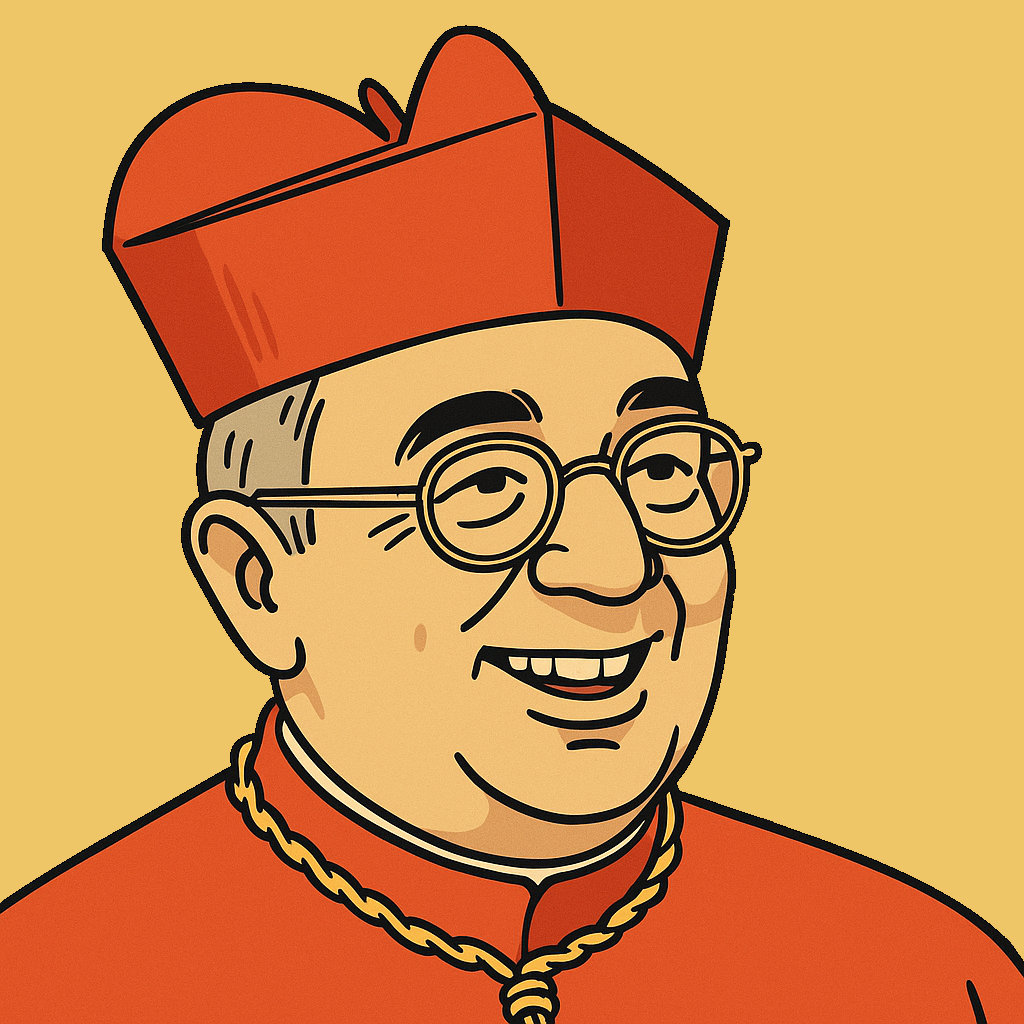
Italy
Italian cardinal, former vicar general of the pope for the diocese of Rome, known for his balance between liturgical tradition and moderate pastoral openness.

Argentina
Argentine cardinal, Archbishop Emeritus of Buenos Aires, successor of Pope Francis in this diocese, known for his discreet profile and balanced administration between tradition and renewal.
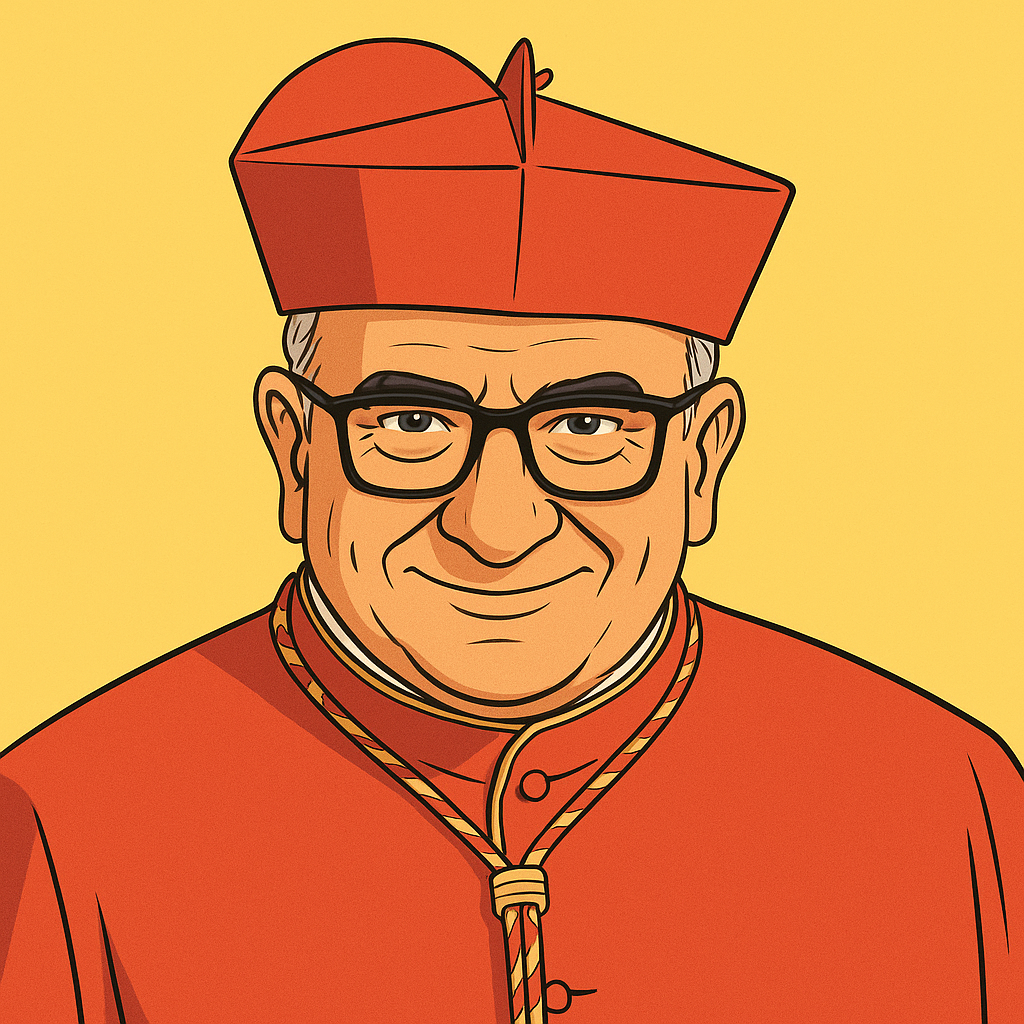
Chile
Chilean cardinal, Archbishop of Concepción, known for his conservative doctrinal positions and commitment to rebuilding trust after abuse scandals.
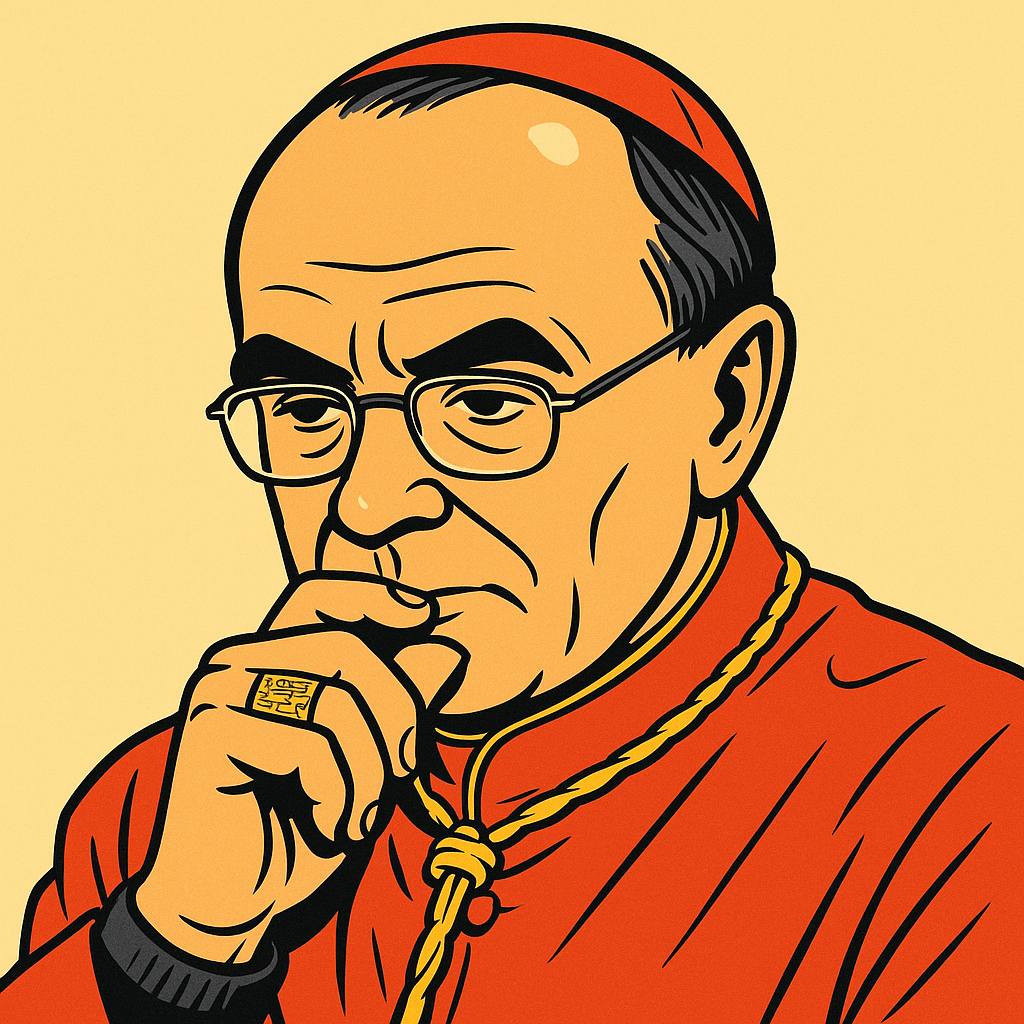
France
French cardinal, Archbishop Emeritus of Lyon, known for his missionary dynamism but whose career has been marked by controversy over the handling of sexual abuse in his diocese.
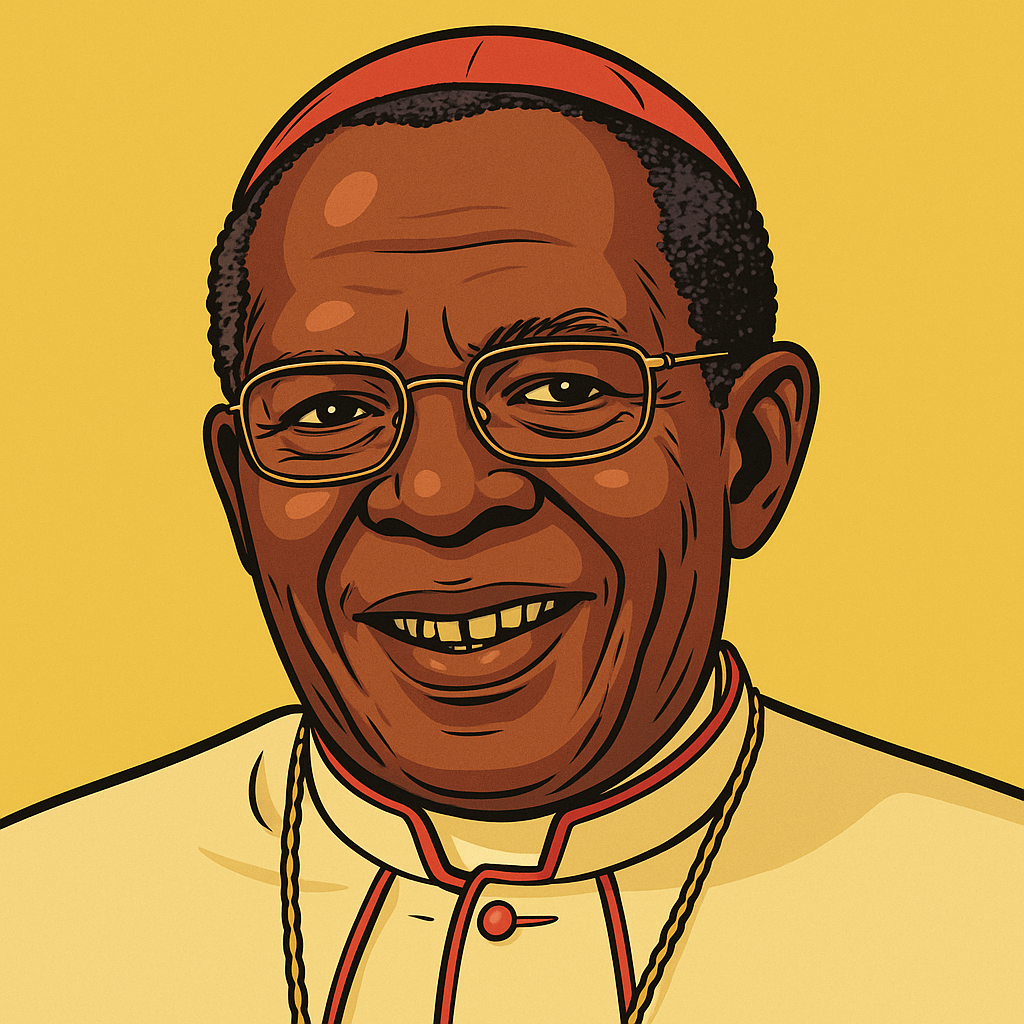
Kenya
Kenyan cardinal, Archbishop Emeritus of Nairobi, known for his conservative positions on moral issues and his leadership in the growing African Church.
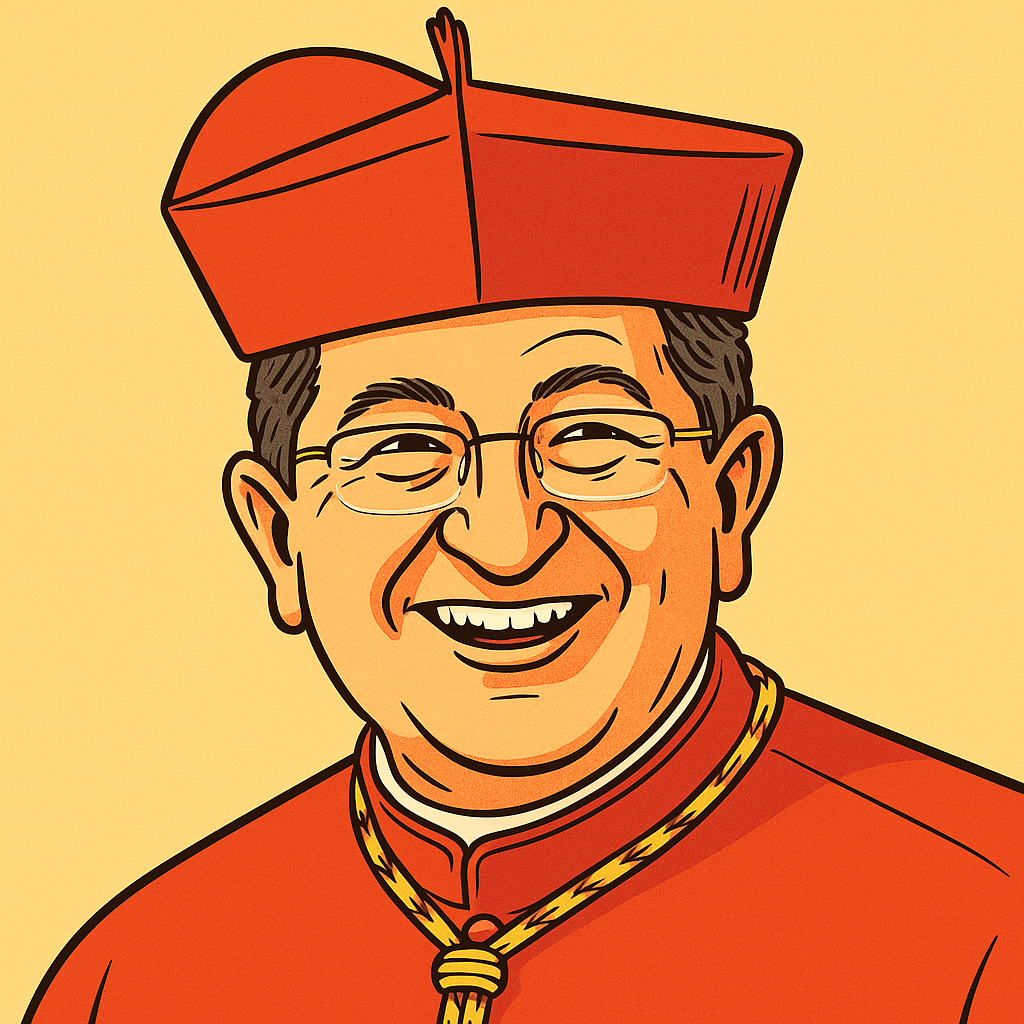
Italy
Italian cardinal, Archbishop of Florence, known for his conservative doctrinal positions and intellectual work, while remaining engaged in pastoral dialogue.

Italy
Italian cardinal, Grand Master of the Order of the Holy Sepulchre, former prefect of the Congregation for the Evangelization of Peoples, known for his missionary and diplomatic experience.

United States
American cardinal, known for his conservative positions on doctrine and liturgy, while seeking unity in a divided ecclesial context.
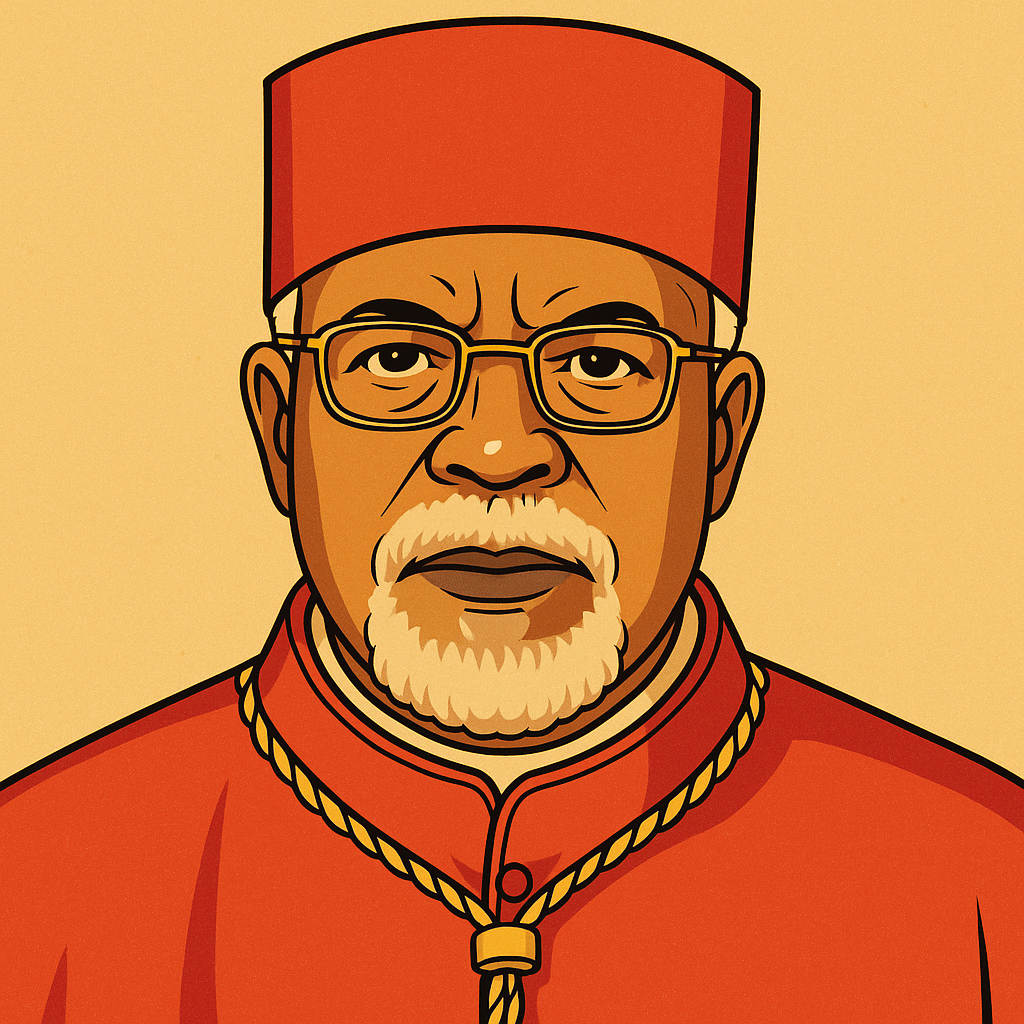
Ethiopia
Ethiopian cardinal of Eastern rite, known for his defense of traditional Church values and his pastoral work in a context of religious tensions.